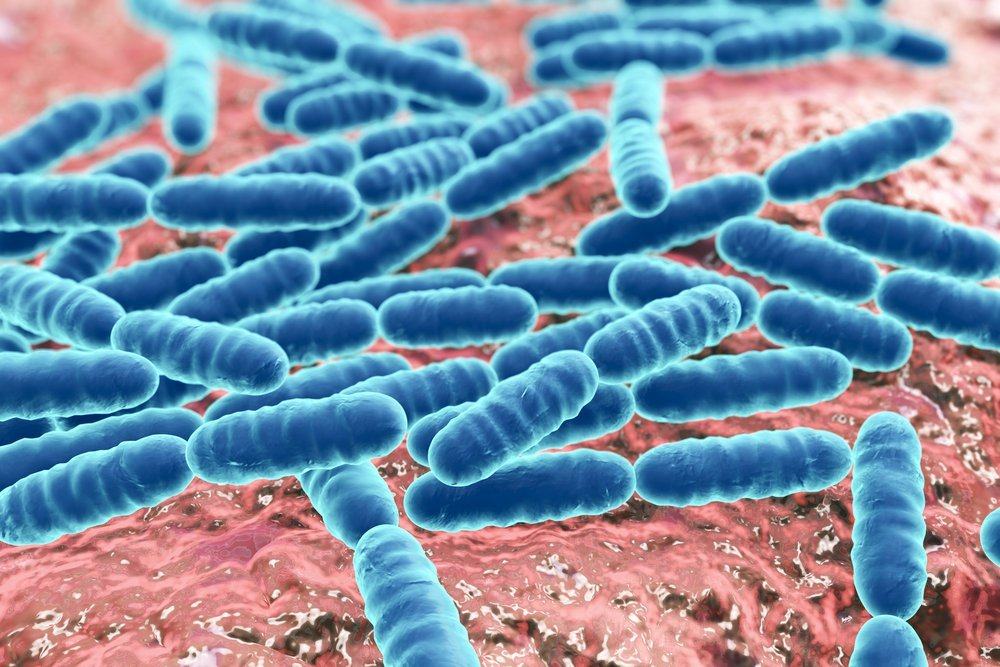Contents:
- Medical Video: What Happens To Your Body And Brain If You Don't Get Sleep | The Human Body
- Various mental problems that may occur due to lack of sleep
- 1. The brain becomes slow
- 2. Easy to forget
- 3. Difficult to receive new information
- 4. Triggers mental illness
Medical Video: What Happens To Your Body And Brain If You Don't Get Sleep | The Human Body
Passing with school children and office workers who seem to lack sleep is no longer a new phenomenon on the streets. You might even be up late last night. But watch out. As a result of lack of sleep not only makes you sluggish and sleepy all day, brain function also falls sharply so that it can trigger the emergence of a variety of mental health problems. Wow!
Various mental problems that may occur due to lack of sleep
1. The brain becomes slow
Researchers have found that due to lack of sleep can cause brain alertness and concentration to decrease. No wonder if after hours (or even days) not sleeping soundly, you will be confused yourself, easy to forget, and hard to think clearly. In the medical world, the condition of thinking disorders due to fatigue of the brain is often referred to as brain fog. But you may be more familiar with the term slow. The slow brain makes you difficult make important decisions.
Although it seems trivial, this brain fog should not be underestimated. Brain fog can be an early symptom of dementia.
2. Easy to forget
When you are sleepy, you tend to forget easily. Apart from the worsening concentration and focus of the brain, adue to lack of sleep, memory also slowly deteriorates.
Because sas long as you sleep, the nerves in the brain that hold memories are increasingly strengthened. An expert from the University of Maryland Faculty of Medicine in the United States (US), Dr. Avelino Verceles, said, "When sleeping, the brain records various things we have learned and experienced all day into short-term memory." (That is why you also should not go to sleep in a state of wrath)
3. Difficult to receive new information
Sleep deprivation can affect your ability to understand new information in two ways. First, you will become out of focus, making it difficult to receive new information. That way, you cannot learn efficiently.
Second, as mentioned above, sleep deprivation affects the ability to remember. Weak memories will make it difficult for you to store new information that you learn in your memory.
4. Triggers mental illness
Sleep deprivation is indeed not a direct cause of psychiatric disorders. Even so, various studies have found a large potential for the emergence of several mental illnesses, suchdepression, ADHD, anxiety disorders, and bipolar disorder as a result of lack of sleep.
A study in Michigan, USA, looked at a thousand people aged 21 to 30 years. As a result, those who suffered from insomnia in the first interview had a four times greater risk of suffering depression when interviewed again three years later.Another study found that sleep problems occur before the onset of depression. In addition, depressed sufferers who experience insomnia will be more difficult to cure than those who do not experience insomnia.
In one study, experts found that insomnia and other sleep disorders might aggravate episodes of mania (manic) or depression (depressive) in patients with bipolar disorder. Sleep deprivation itself is believed to trigger mania episodes, namely an outburst of uncontrolled emotions or behavior.
Due to lack of sleep can also trigger anxiety disorders. One study reported that around 27 percent of patients with anxiety disorders begin with insomnia which makes a person sleepless.













